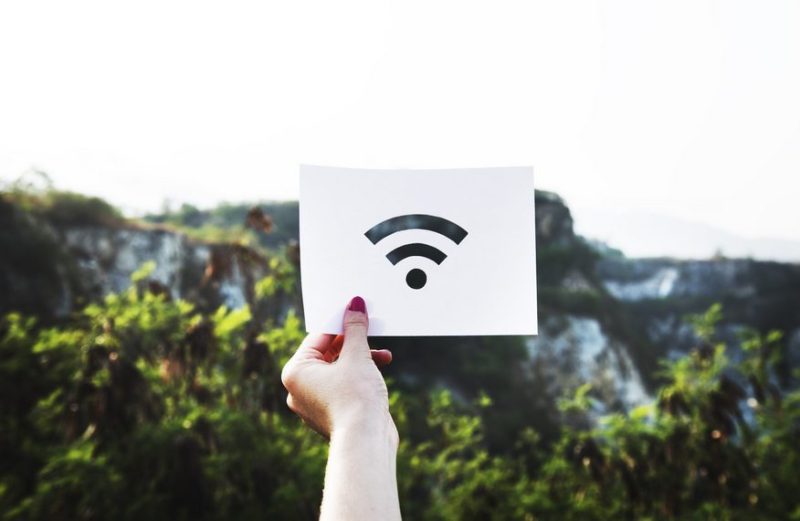One of the first things that we do when we sit down at a cafe to work or meet someone is to check for their WiFi availability and connect to it. We do this without giving it a second thought, but did you know that there are certain risks associated with using WiFi?
When you connect to a public WiFi network, you are essentially sharing a connection with strangers. This means that your data is not as secure as it would be if you were connected to a private network.
Hackers can easily access unsecured public Wi-Fi networks and intercept any data that is being sent or received. This can include sensitive information such as passwords, credit card numbers, and personal details.
Keep reading to learn the risks of public use WiFi and how to protect your data while using it.
What makes Public WiFi Risky?
Public WiFi is often unsecured, which means that there is no password protection and anyone can access the network. If it is secured, the password is given to anyone who meets the criteria to request it such as purchasing food in an establishment.
Hackers can set up fake public WiFi networks, also known as “evil twins.” These networks appear to be legitimate, but they are designed to intercept your data.
When you connect to a public WiFi network, your traffic is not encrypted. This means that hackers can use a technique called “packet sniffing” to intercept and read your data.
How to Protect Your Data on Public WiFi
Despite the risks, we all have to use public WiFi from time to time. When you do, there are some steps that you can take to protect your data. The first of which involves the use of a VPN. A VPN is a secure way to protect your online traffic. It encrypts your data and sends it through a special server, which keeps it safe from hackers and other people who might want to see what you’re doing online.
If you don’t have a VPN, avoid using public WiFi for sensitive activities: If possible, wait until you are on a private connection to do things like online banking or shopping. Always keep your software up to date. Hackers can exploit vulnerabilities in outdated software to gain access to your data. Make sure that you are always using the latest version of your operating system and applications.

You can also use decentralized email services which encrypt your messages end-to-end. The affordable pricing for decentralized email and VPN services is more than worth it for peace of mind when it comes to your sensitive data.
Be Careful When Connecting to Public WiFi
Is public WiFi dangerous? The risks of public WiFi are small in comparison to the many benefits to be had but are a headache if you’re hacked.
The next time you are out and about, take a moment to think about these risks before you log on. By taking some simple precautions, you can help protect your data from hackers.

